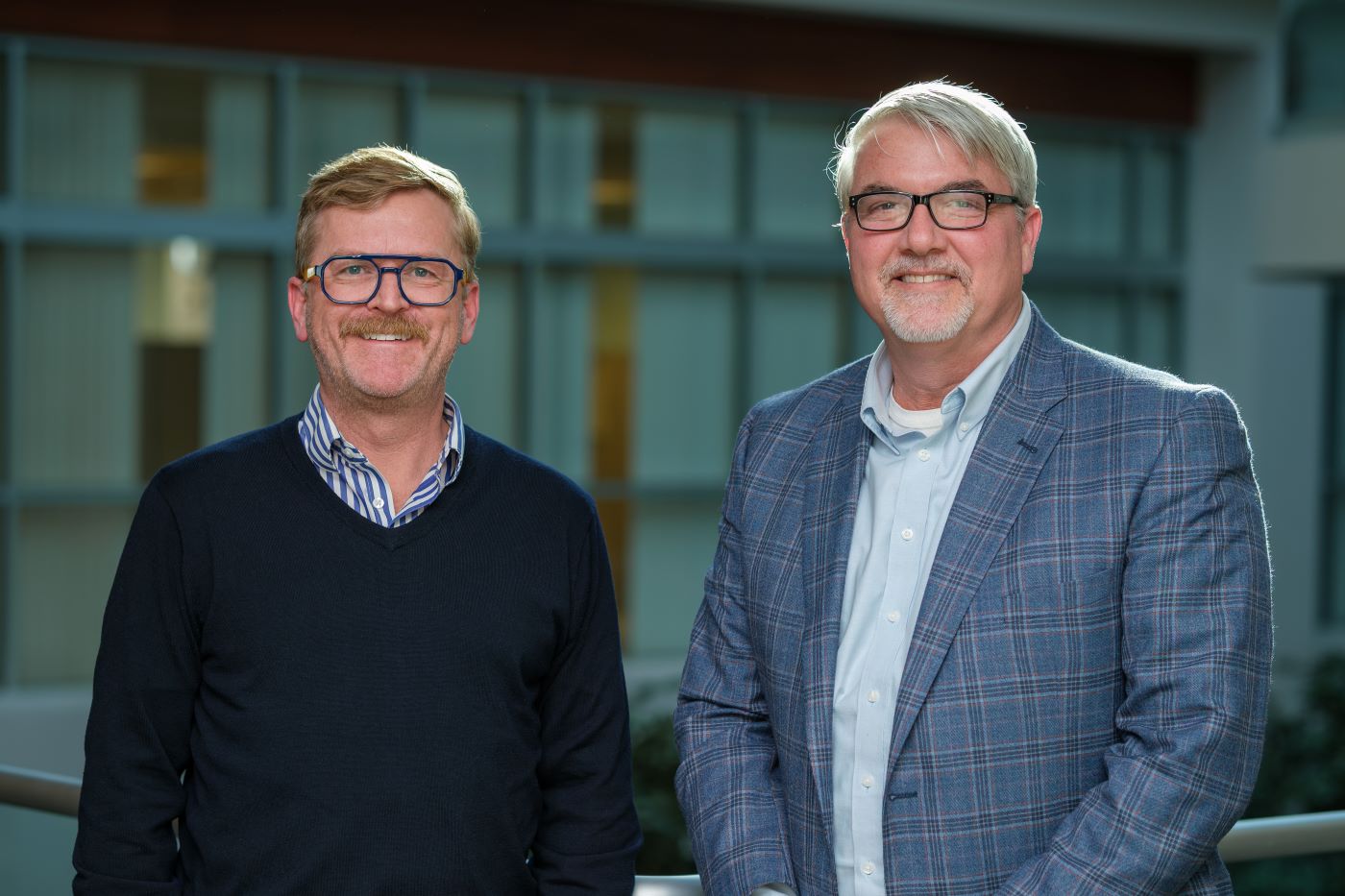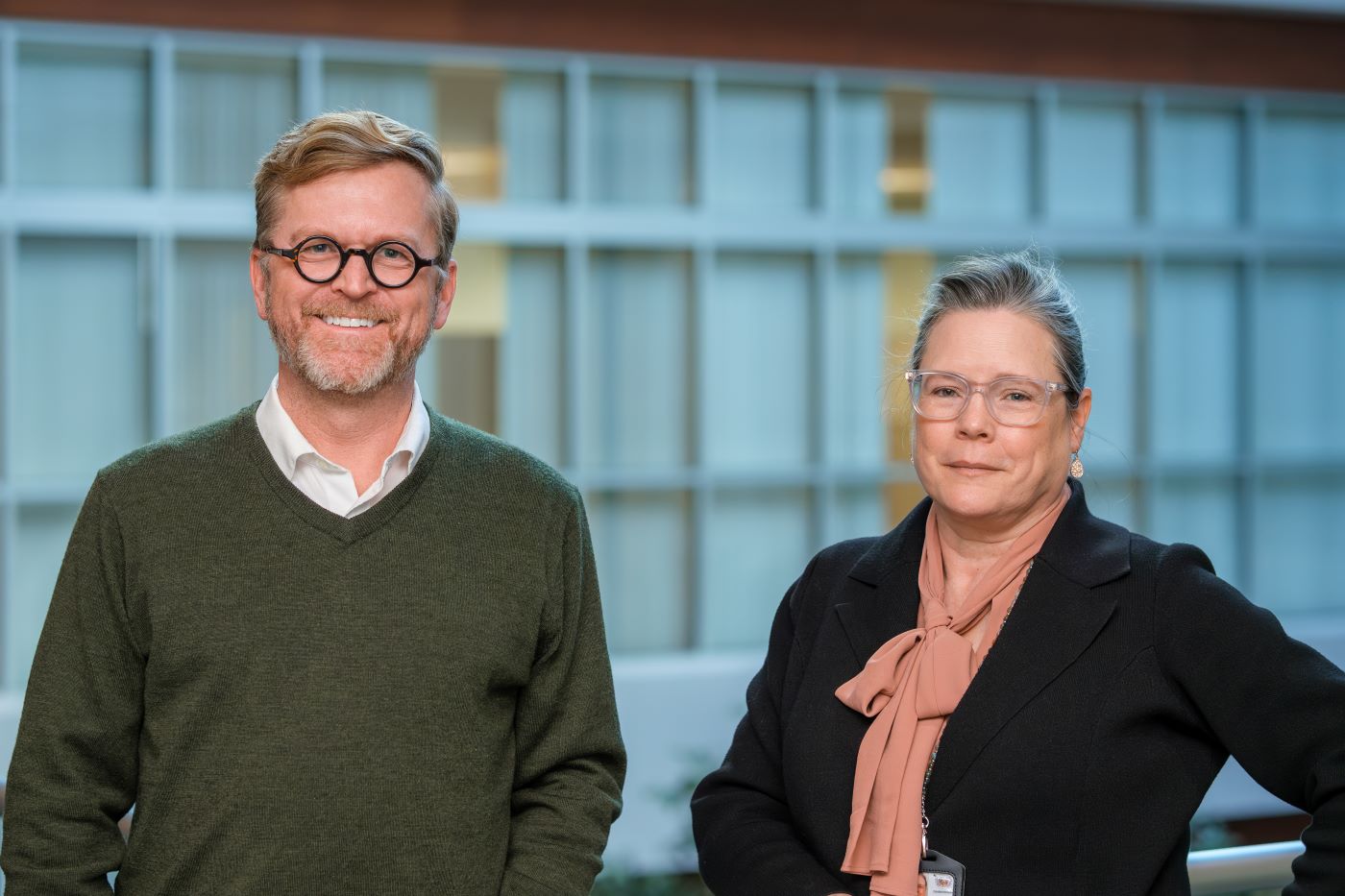Wonks at Work
Latest Episode
-
In this episode of the Wonks at Work podcast, we speak with Paul Chapman of Restore Hope about efforts to reduce incarceration and the need for foster care by using technology and existing community resources to help families move from crisis to stability.
Wonks at Work
Come Healing: Paul Chapman
byACHI
Helping a community heal is hard work. That’s especially true when lives and families are disrupted by incarceration, dependency, the need for child welfare interventions, or other crises. Fortunately, there are people and organizations committed to making that healing possible. One of those groups is Restore Hope, an Arkansas-based organization that has developed a model to help families move from crisis to stability and onto careers using existing community resources. To learn about how it’s grown from serving a handful of Arkansas counties to locations across multiple states and parts of Canada, as well as what’s coming next, we’re joined on this episode of the Wonks at Work podcast by Paul Chapman, director of Restore Hope.
Search Results placeholder
Latest Podcast Episodes
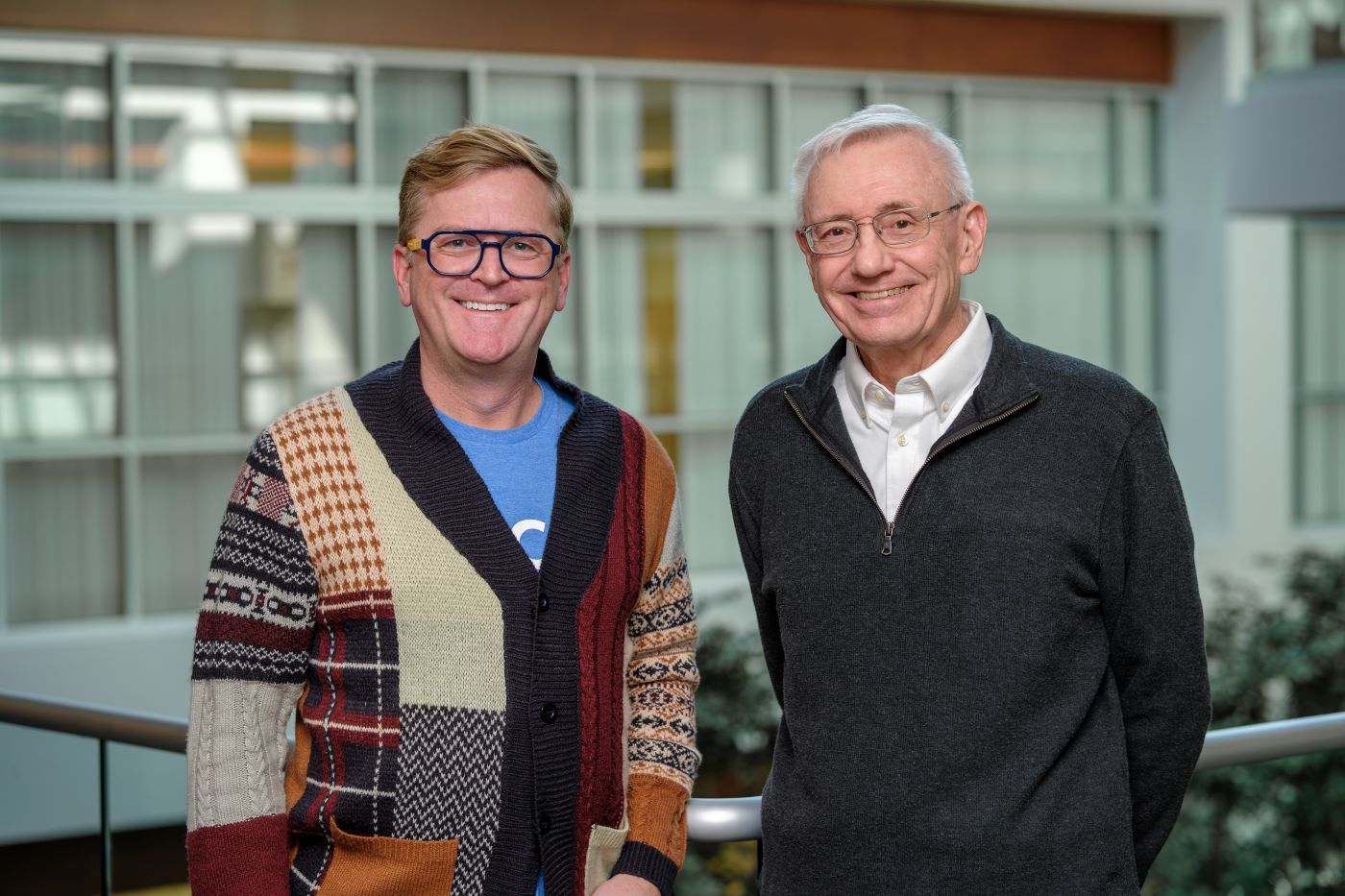
Settling Things: Dr. John Ahlen
Twenty-five years ago, Arkansas passed the Tobacco Settlement Proceeds Act to ensure the state’s portion of a settlement agreement with U.S. tobacco companies would help improve the health of Arkansans. In this episode of the Wonks at Work podcast, we speak with Dr. John Ahlen, who helped oversee the programs it funded while serving on the Arkansas Tobacco Settlement Commission.
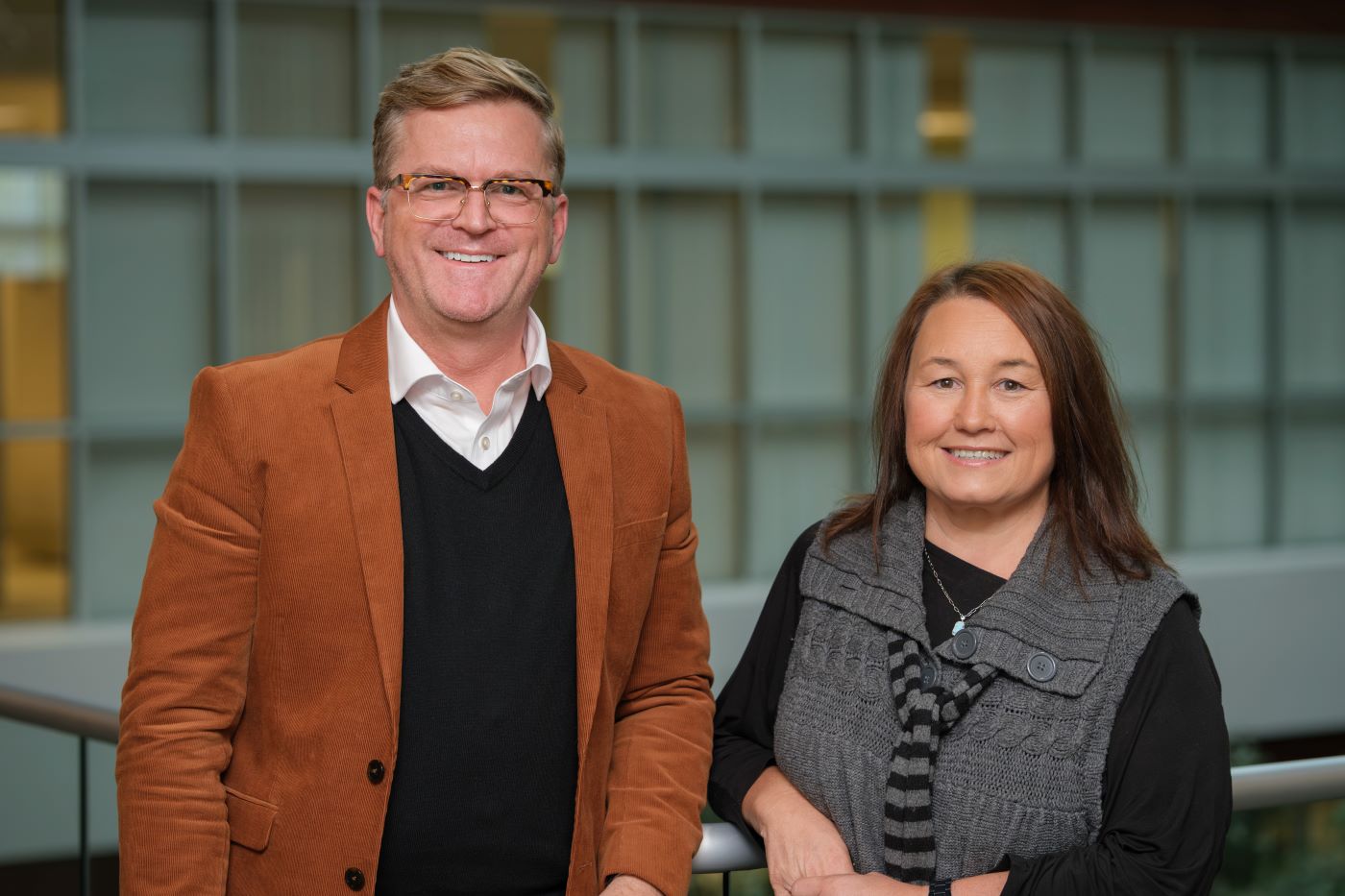
Count on Me: Amanda Kuttenkuler
With mental health professionals in short supply, the job of providing support to someone experiencing a mental health crisis often falls to friends, family members, or colleagues. In this episode of the Wonks at Work podcast, we’re joined by Amanda Kuttenkuler of the Arkansas Rural Health Partnership to learn about a program that offers training in mental health first aid.
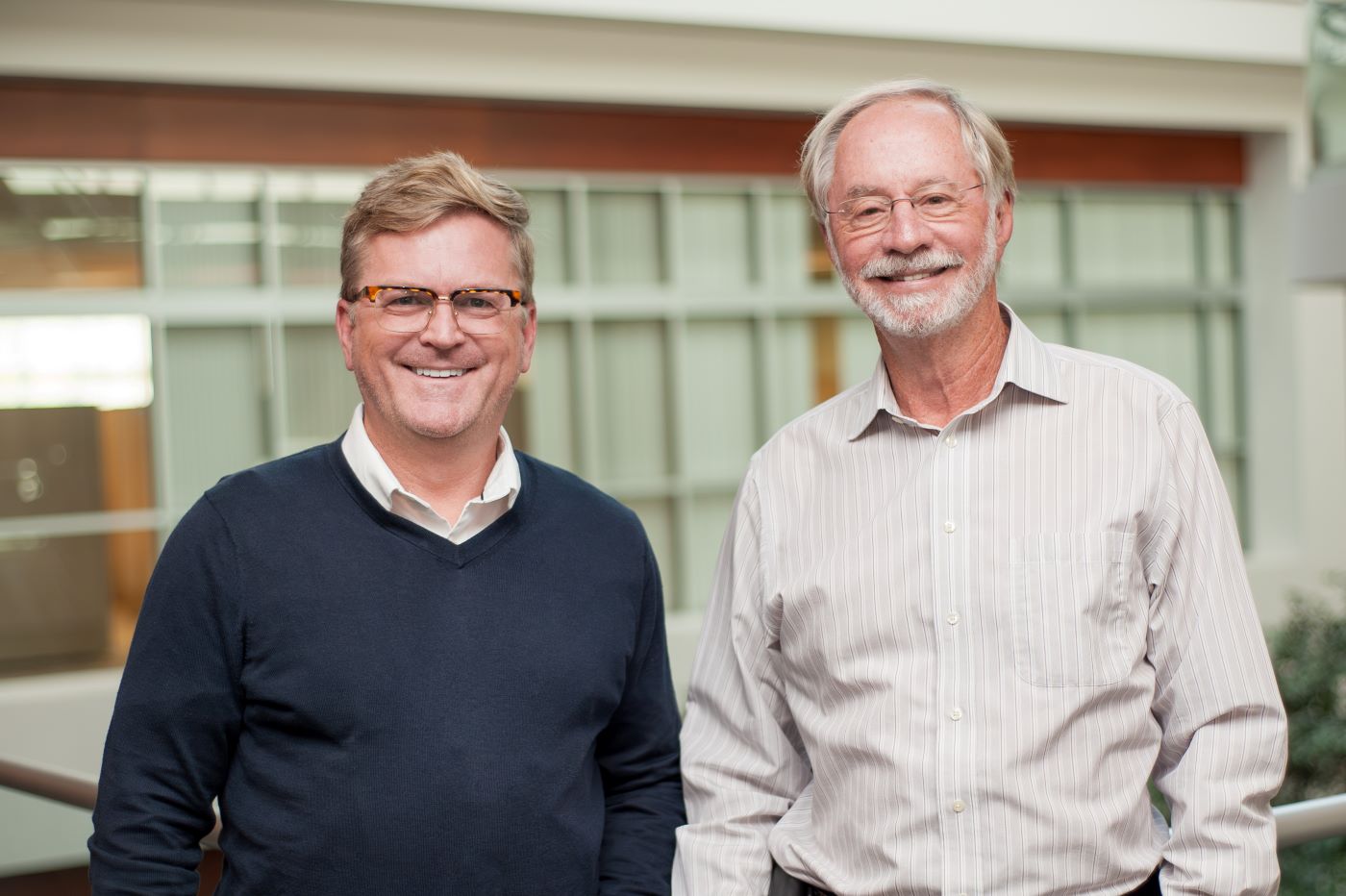
Don't Stop Believin’: Dr. Arlo Kahn
Obesity is a serious and costly chronic disease that has been widely recognized as a public health epidemic. In this episode of the Wonks at Work podcast, we’re joined by ACHI Medical Director Dr. Arlo Kahn to discuss the state of obesity in Arkansas and policy options to address it.
load more podcast episodes



